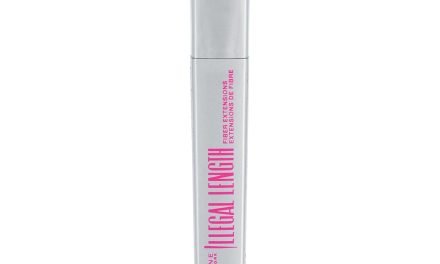
Despite my long career in business, I suffered a major case of entrepreneurial amnesia. All the good advice I gave clients during my 35-year business career flew out the window when I started my own business.
If you’re thinking about starting a business in your 60s, let me prevent you from making the same mistakes I did. Because if I had to do it over – I’d do it differently.
Ignore a Written Plan at Your Own Peril
My first mistake was assuming that the decades I’d spent in business and teaching entrepreneurship to college students (and even graduate students) meant I didn’t need a written plan. It was all in my head already.
Wrong. I would have quickly corrected any student who told me they didn’t “need” a plan, but I failed to correct myself. The bullet points that served as my guide were inadequate, and to make matters worse, I consulted it far too infrequently.
As with any trip, to avoid dead ends and wrong ways, it’s far better to have a road map that lays out the route before you begin.
The act of writing a plan forces you to think through most aspects of your business. After the fact, it was clear that I hadn’t fully considered my objectives and how I’d reach them. I needed more than bullet points. I needed a plan.
It’s also much easier to spot red flags in black and white. My lack of plan cost me in both time and money.
Don’t Accelerate Hard
When I saw the elaborate online components of someone in a similar space to mine – online workshops, Facebook groups, workbooks, coaching – my knee-jerk reaction was, “I’ve got to do that, too!”
(Sound of brakes screeching.)
Wrong, again. I’d come out of retirement to start A Healing Spirit, and my life is not the same as it was at 45 or even 55. I don’t want it to be, either. I want some time to breathe and enjoy life. Yet I found myself grinding away at my business 12 or more hours a day.
I learned the importance of scaling my efforts to my age and my lifestyle. I was lucky. At 66, I do not need my business to pay the bills. Instead, it’s a labor of love that I hope will one day be profitable.
But even if you’re not similarly situated, any business after 60 must take into consideration the factors that apply to your life now.
Don’t Undercapitalize
As I told my entrepreneurship grad students repeatedly, most businesses fail because they are undercapitalized. We always underestimate the amount of investment it’s going to take to get a business off the ground. Few consider the need for contingency funds.
Although I offer hypnosis and regression services, which require little overhead at present, I also offer printed products. I wanted them to be beautiful and high-quality pieces, which meant a heavy investment in design and production. It paid off. They are beautiful and high-quality pieces.
Also, because I wanted my products to be affordable, my prices are on the lower end of the scale for products of that high a quality. On some products, I offer free or discounted shipping. So, profit margins are on the low side.
Truth is, the cost of making my products affordable and accessible was far more than I anticipated.
Fortunately, we have been able to fund the business fully at this point. But there were points in my life when that would have not been possible. The risk of undercapitalization can be minimized with a plan that accounts for all possibilities.
Don’t Release Products Prematurely
Even as I produced and printed my products, I began to develop more product ideas before my initial products were established.
Fortunately, I realized soon thereafter that I needed to pull back and let the market catch up with me. Why make the investment in expensive new products immediately?
Never Underestimate the Timeline for ROI
I’m embarrassed to admit this, since I am a seasoned business person, but I started out with an “If you build it, they will come” mentality. I knew the products were helpful and lovely, so why wouldn’t droves of buyers appear immediately?
Every business has a horizon for return on investment, and when you’re young, it looks unlimited. At this age, unlimited is unrealistic.
A wise business friend told me: “You need to relax about your return on investment. Your horizon is longer than you think it is, and that’s ok. It’ll happen.”
Her comment was liberating. When I was honest with myself, I realized that I felt self-imposed pressure to provide a return because I wasn’t single. My husband was also involved, and I didn’t want him to think our investment wouldn’t pay off.
He never pressured me though; I pressured myself. We talked, and like my friend, he told me that he knew it would take time to get ROI and to relax about it.
So, there you have it. I’ve made my share of mistakes with my own business, A Healing Spirit. But I’m a quick learner and swiftly reoriented myself after these mistakes.
Have you started a business in your 60s? What were the main challenges that you faced in starting your own business? If you’re starting a business at this age, (or if you already have) I’d love to hear your thoughts.





